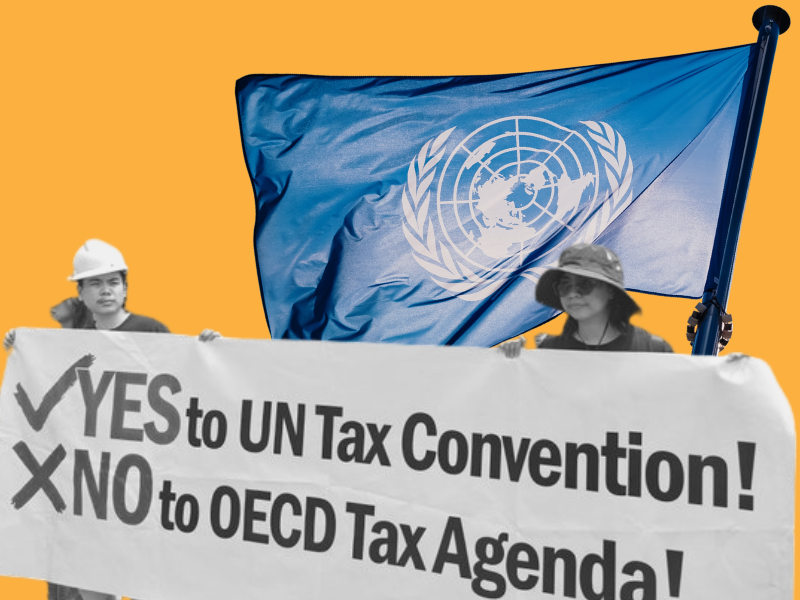









Principios
Los Principios
Principios Version Corta
Principios en Quechua
Principios Ilustrados
Recursos
Conoce Nuestro Blog
Documentos y Fuentes
El Proyecto
Comité Impulsor
Comité de Expertos/Expertas
Preguntas y Respuestas
Participa
Semanas por la Justicia Fiscal
Contacto
Contáctanos
Teléfono: +1(718) 237-9145
Correo electrónico:
info@derechosypoliticafiscal.org












